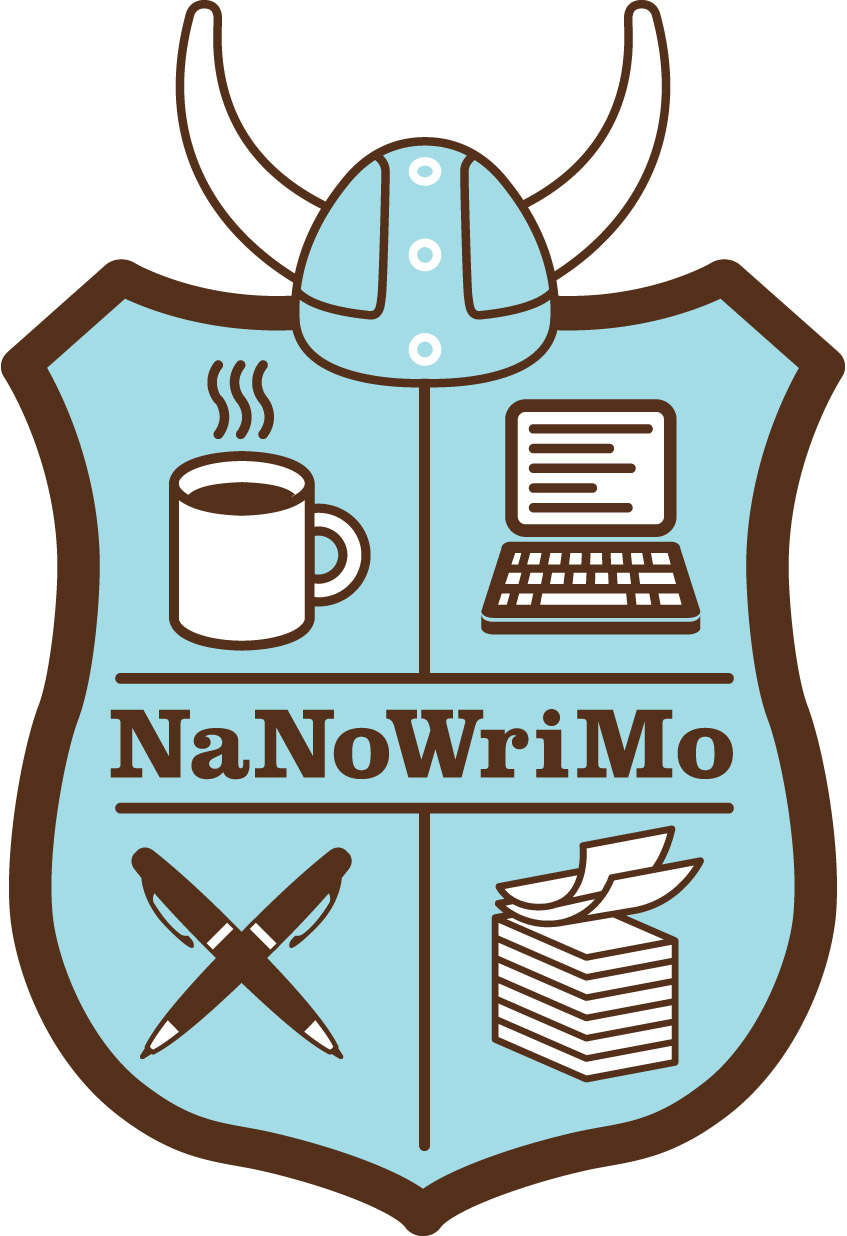

Thirty days of frantic writing, increasingly convoluted plotlines and endless cups of coffee as December looms ever closer. Thirty days of alternating between excitement at having reached a landmark (10,000 words! 20,000 words!) and bang-your-head frustration caused by writers’ block: every participant’s nightmare. This is the experience of National Novel Writing Month (NaNoWriMo), an annual writing program that demands its participants to write 50,000 words between Nov. 1st and Nov. 30th in return for a winner’s certificate, a web badge and bragging rights.
Intimidated yet? Luckily, you will not be alone. Although the action of writing is a solo task, NaNoWriMo is a surprisingly communal event. Throughout the month of November, participants can be sure that all around the world, other writers are going through the same joys and sorrows of producing approximately 175 pages. Writers are encouraged to get together and agonize, brainstorm, celebrate and work on their novels together. And every year, one can be sure that there are both rookies who are trying their hand at the colossal task for the first time and seasoned veterans who may not have ever finished (or have finished multiple times!) and know all the tricks of the trade.
Some use tricks like putting in song lyrics, essays and any other material written in the month of November regardless of whether or not it is relevant, although not all writers are willing to resort to such underhanded tactics. Luckily, there are more creative ways to motivate writers to up the word count at a fast enough pace. For example, there is a website that provides writers with an adorable picture of a kitten for every 1000 words typed into the box. Christine Miranda ’15, who has written every year since eighth grade and finished in time twice, informed us about other similar websites in an interview. She mentioned, for example, an online community that has word wars and online dares to put random elements in your story. On another website, writers must write a certain number of words by a certain time, or the website will make an annoying noise or start deleting their words. Jenna Cadore ’15, who finished NaNoWriMo this year, mentioned in an interview that her motivator was putting her story into the word count validator every few paragraphs and seeing the number go steadily up. Because the validator has a stats page that shows the average words per day as well as the expected finish date if the participant continues to write at the same rate, Cadore was able to see if she was behind or ahead of schedule. In addition, because of the plot of her story, she is writing in the ancient Chinese style where she sometimes puts in ancient verses that take up a considerable amount of space. “Everyone has these little tips to cheat the word count,” she said.
Separate from all these tricks of the trade, however, is the simple idea that one writes without inhibitions. NaNoWriMo solely values quantity, and the elimination of the stress to write well facilitates fast writing more than any trick. It is an approach that “forces you to lower your expectations, take risks and write on the fly.” It encourages creativity without the endless nitpicking, tweaking and editing. Although it is important to have a plot in order to avoid running into severe writers’ block, silly deviations from the plotline are expected and inevitable, as a consistent logical unfolding of the plot would require more planning time than writers are given. This type of freedom is not easily found in the formal papers and assignments that the typical Amherst class assigns.
The factor that discourages the most people from either starting or finishing the project, predictably, is school. What with readings, papers, problem sets and finals looming in the near future, it is hard to find time during November to write an average of 1,667 words per day. Jackie Cosse ’14, who tried during her junior year of high school and wrote a little over 100 pages but was not able to finish, was never able to try again because schoolwork took up too much of her time. In an interview, she told us that she is currently taking a fiction writing class, which is both enjoyable and productive because when she writes, she is also doing schoolwork. Cadore had extra motivation for finishing this year because she decided to make her NaNoWriMo novel the final project for her freshman seminar, “The Universe of Dreams and Chinese Culture.” Regardless, one certainly needs to either give up studying time, social time, or sleeping (probably the most likely option) to pursue this time-consuming task.
But don’t let schoolwork or the ridiculous word count deter you from trying next year! Writing a novel is a daunting task, to say the least — writing it in a month seems near impossible. The task will entail sleep-deprived nights, hair-tearing frustration and compromising many other aspects of your life. It will require more time than you have. The sense of accomplishment upon finishing, however, is worth it. After all, how many people can say that they have written a novel in
their lifetimes?
— Clara Yoon ’15 contributed reporting.